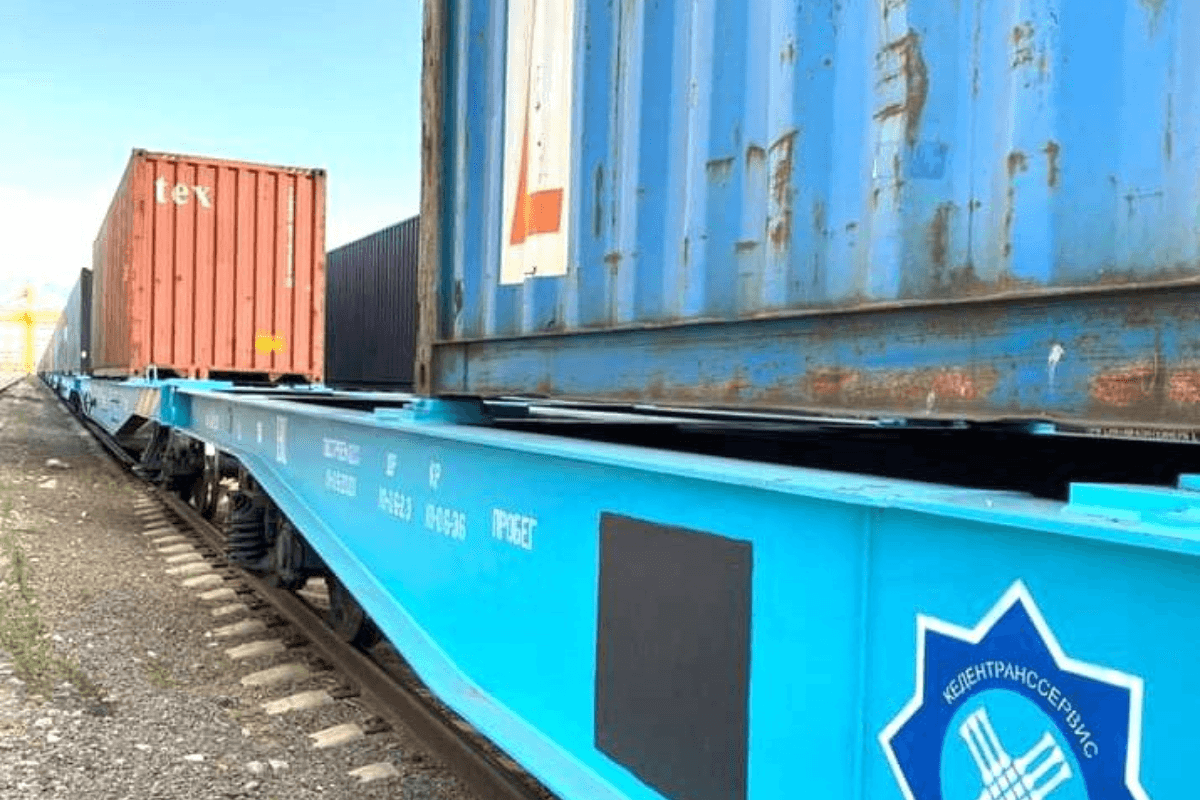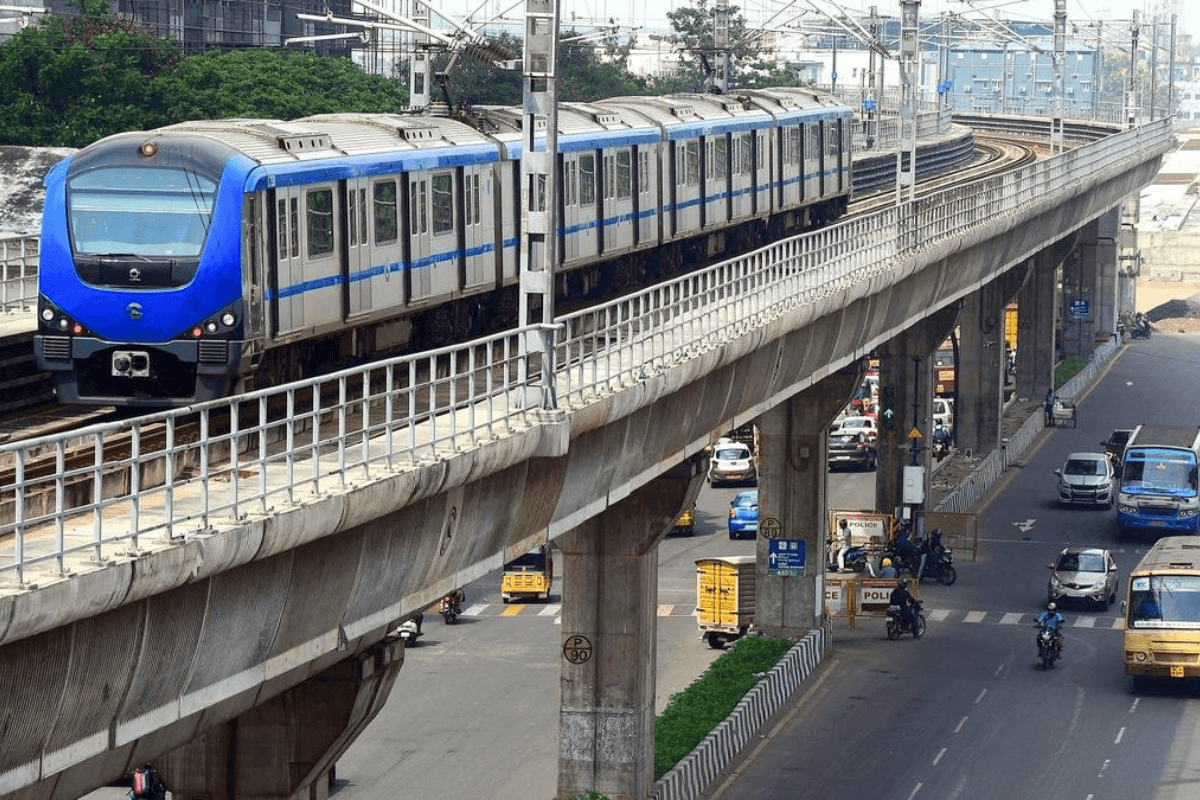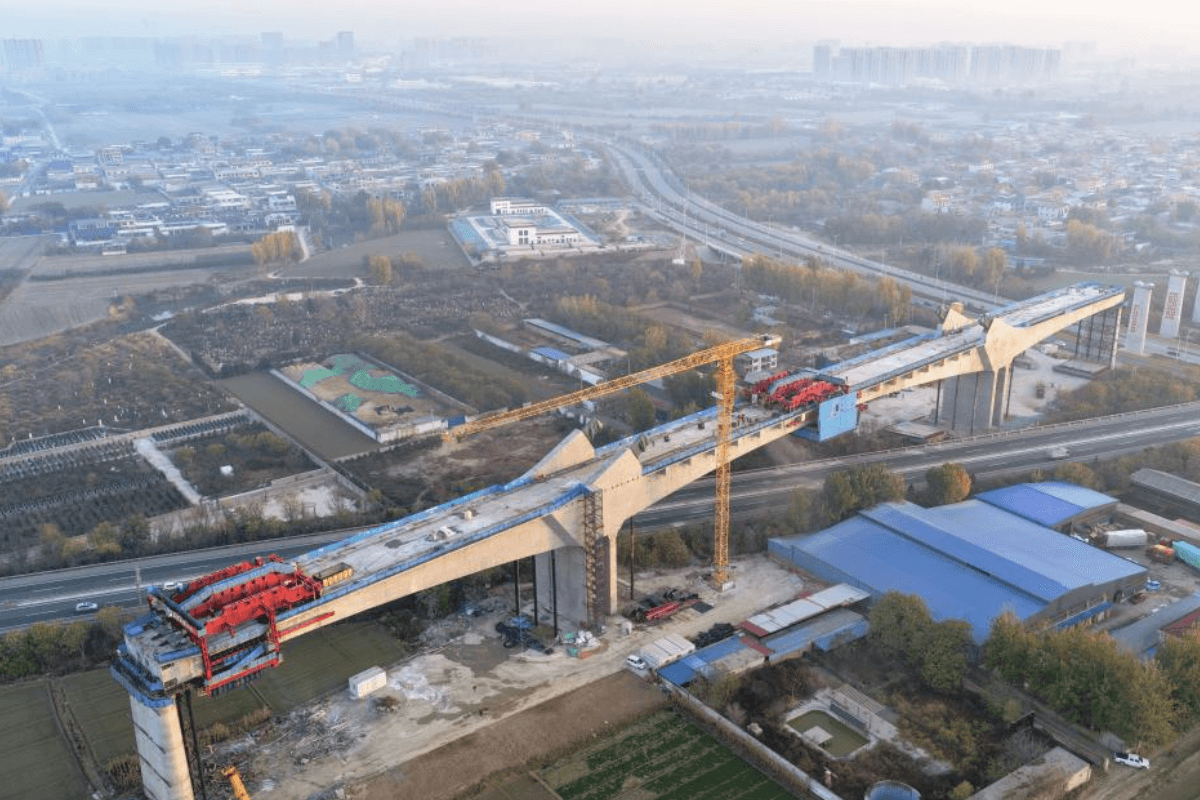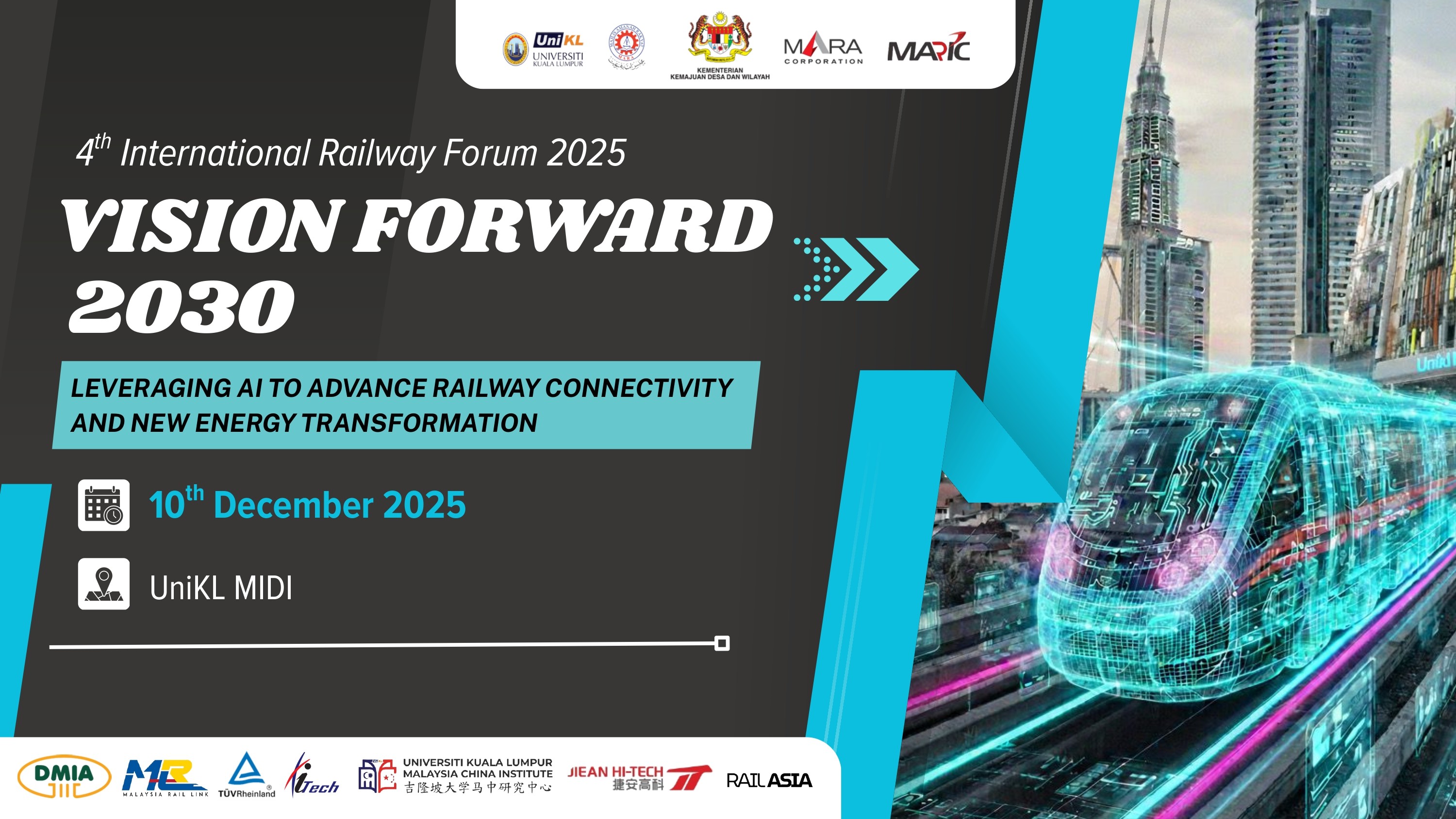Jul 25, 2025
New Central Asia-Pakistan Rail Plan Faces Hurdles Despite Framework Agreement
In a move to strengthen regional trade and connectivity, Uzbekistan, Afghanistan, and Pakistan have signed a trilateral framework agreement to develop a new railway corridor linking Central Asia with Pakistani seaports. The proposed Uzbekistan–Afghanistan–Pakistan (UAP) Railway Corridor aims to connect Termez in Uzbekistan to Pakistan's Karachi port via Afghanistan and the Kurram district in Pakistan's northwest.
The agreement, signed on July 17, 2025, outlines the launch of a comprehensive feasibility study to evaluate the project's technical, economic, and environmental aspects. According to a joint statement released by the respective transport ministries of the three nations, the corridor is envisioned as a strategic transit route that will enhance economic integration and provide landlocked Central Asian states with direct access to the Arabian Sea.
As per the agreement, the railway will extend the Uzbek line to Naibabad in northern Afghanistan, continuing through Afghan territory into Pakistan's Kurram district. Pakistan will construct a 192-kilometre railway segment to integrate the corridor with its national rail network leading to Karachi port.
While the initiative has been hailed for its potential to enhance trade and reduce cargo transit times, experts have questioned its viability. According to a report by Radio Free Europe/Radio Liberty (RFE/RL) and analysis by the World Bank, key concerns include securing the route in conflict-affected regions and ensuring the availability of financing from multilateral institutions or foreign investors.
"The idea is promising, especially for improving regional connectivity," said Dr. Rashid Ahmed, a transport economist based in Islamabad. "But progress could stall without a concrete funding model and strong guarantees for route security, especially in Afghanistan."
The UAP Corridor is being developed in parallel with other regional connectivity initiatives such as the Trans-Caspian International Transport Route (TITR) and China–Pakistan Economic Corridor (CPEC). Pakistan has also intensified its efforts to modernise ports, including Gwadar and Karachi, by introducing new ferry services and container handling capacities, as reported by The Express Tribune.
The UAP Railway Corridor could play a transformative role in regional trade, reduce transportation costs, and stimulate economic activity in underserved areas. However, stakeholders acknowledge that overcoming logistical, geopolitical, and security hurdles will be essential for the project's realisation.
The feasibility study is expected to be completed by mid-2026, after which participating nations will begin engaging with potential financiers and technical partners for implementation.
Related Post
Latest Post
Subscribe Us
Get Subscribe To Our Latest News & Update











